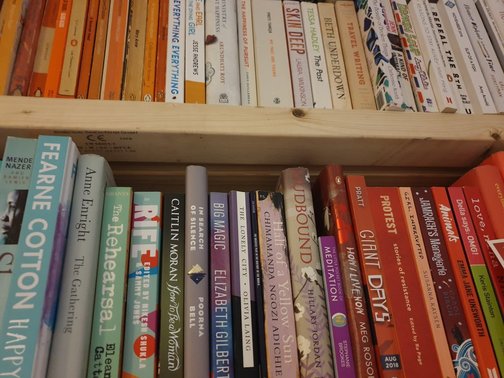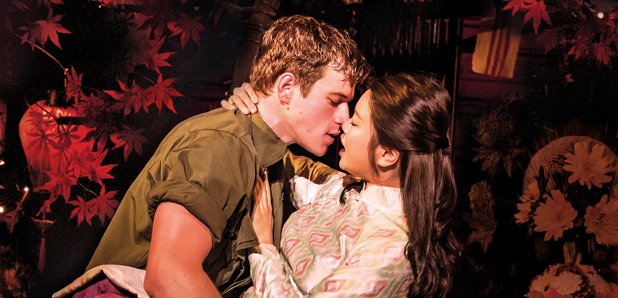It’s no secret that I spent my younger years with my head buried in novels by the Brontë sisters. If I wasn’t swooning over Heathcliff in Wuthering Heights, I was enthralled by depictions of wild landscapes, sweeping romances and, most importantly, brilliant headstrong female characters.
While I was familiar with the work of Emily and Charlotte Brontë, I knew little about Anne that wasn’t gleaned from previous critiques. To me, she was the oft forgotten Brontë, harshly pitted against her older sisters; I was intrigued by her reputation as pious, serious and, well, just that little bit boring.
Initially, Anne was branded the ‘Brontë without genius’ and her work was given little consideration compared to that of her more famous siblings. However, since the mid-20th century, and owing to an increase in interest in the work of female authors, Anne’s literary offerings have been re-examined and reconsidered.
Lifelong Brontë aficionado Adelle Hay has gone further with Anne Brontë Reimagined, which takes a closer look at the lesser celebrated Brontë sister. After an initial career as a bookbinder, Hay began work on an academic project which focused on textual criticism of the work of Anne, how it has been received and why she was viewed so negatively. While the subject might not be new, this latest analysis is definitely worth consideration.
Hay investigates the ‘real’ Anne Brontë and asks questions about how and why her reputation was damaged and, as a result, why her extraordinary catalogue of work was so overlooked. What follows is an in-depth exploration into her childhood, family, interests, career and experiences that goes some way towards figuring out why such a literary talent has been omitted from the canon of classic English writers.
 Anne Brontë Reimagined is an interesting text for several reasons but, most notably, Hay reminds us that, for a long time, writing about women’s experiences wasn’t seen as pioneering or even interesting (after all, the Brontës wrote under the male pseudonyms of Ellis, Acton and Currer Bell). By exploring subject matter such as religion, the domestic sphere and family matters faced by women, Anne was often considered as ‘moralising’ and ‘preachy’. Sounds familiar, right?
Anne Brontë Reimagined is an interesting text for several reasons but, most notably, Hay reminds us that, for a long time, writing about women’s experiences wasn’t seen as pioneering or even interesting (after all, the Brontës wrote under the male pseudonyms of Ellis, Acton and Currer Bell). By exploring subject matter such as religion, the domestic sphere and family matters faced by women, Anne was often considered as ‘moralising’ and ‘preachy’. Sounds familiar, right?
Anne managed to capture the female experience, such as the plight of the married woman in The Tenant of Wildfell Hall, and often discussed real issues that women faced including domestic violence and addiction. Her sheer honesty was considered dull and moralistic, but it is precisely her refusal to romanticise violence and litter her narratives with brooding men and complicated relationships that makes Anne Brontë such a ground-breaking author.
My copy of Anne Brontë Reimagined arrived with a note suggesting that 2020 is the year to “be more Anne” and I couldn’t agree more. In fact, she’s exactly the kind of woman you need to channel when navigating the modern world of dating. As I’m a single 30-something woman, Anne Brontë is something of my feminist icon. She placed merit in men who expressed their love by words and actions rather than sweeping gestures and ferocious feelings. While my younger self might have fancied Heathcliff and Rochester, my older (wiser) self knows the importance of a decent, kind man and the significance of being autonomous.
So, if you consider yourself a Brontë fan-girl, you’ll find this latest investigation into the life and work of the youngest – and hugely misunderstood – Brontë sister a thoroughly interesting read.
By Emma Yates-Badley, Literary Editor
Anne Brontë Reimagined: A View from the Twenty-first Century is published by Saraband and available to buy now.











